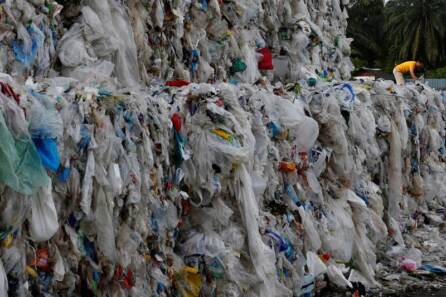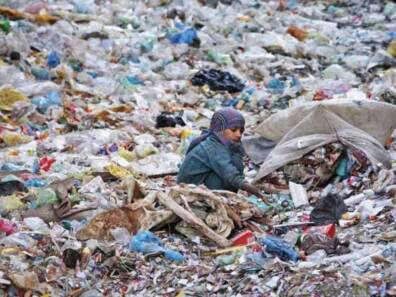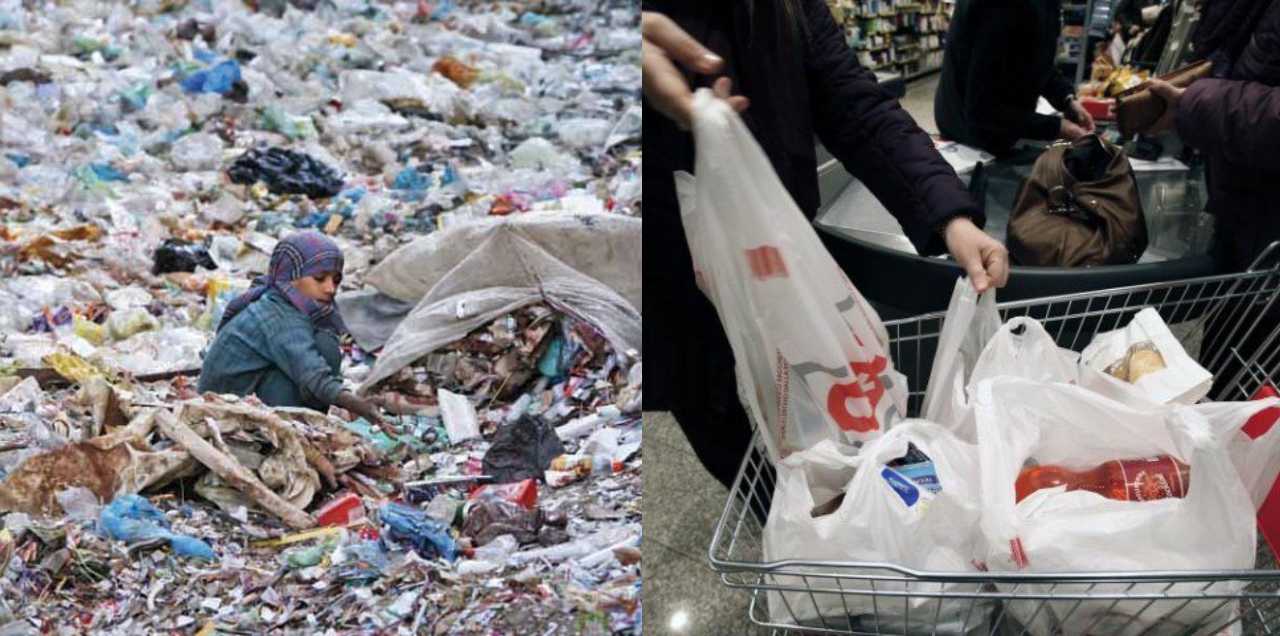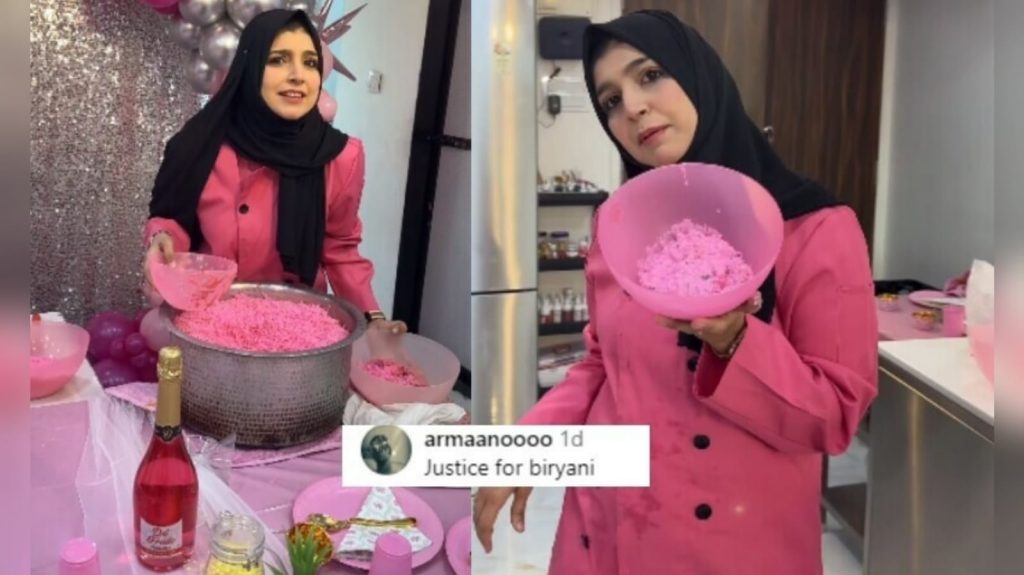Disclaimer*: The articles shared under 'Your Voice' section are sent to us by contributors and we neither confirm nor deny the authenticity of any facts stated below. Parhlo will not be liable for any false, inaccurate, inappropriate or incomplete information presented on the website. Read our disclaimer.
This story has been submitted by Komal Zehra.
How knowledgeable do you believe about changes to the environment? Hendrik Baekeland produced the first synthetic plastic in 1907. He probably had no idea what influence his creation would have on the globe and its inhabitants. Plastic has altered how we live, purchase, and consume, it’s harming our environment. It is inescapable in today’s world.
Today, plastic is everywhere. The plastic we use without thinking every day, the plastic we toss away without a second thought, it lives on and on in virtually everything we use. It’s nice out here that it is destroying our earth, sea life, and, slowly but steadily, us.



It’s a world of ‘plastic’
Plastic bags, like other plastics, are manufactured from crude oil. This is an issue since crude oil generates considerable amounts of pollutants and is not biodegradable. Many people believe that paper bags are a good alternative. However, this is not true. Reusable bags are the most incredible alternative to disposable bags. Toxic toxins from plastic pollution affect humans, animals, and plants. Plastic may degrade over hundreds, if not thousands, of years, creating long-term environmental harm.
It has an impact on all creatures in the food chain, from plankton to whales. Toxins go up the food chain when plastic is consumed and can even be found in the fish people eat. Pakistan does not rank among the top five plastic waste-producing countries, including China, Indonesia, the Philippines, and Vietnam.
However, due to fast urbanization, a growing population, and increased consumerism, we are dumping an alarming quantity of plastic garbage onto our land and rivers that flow into the Arabian Sea.
According to a conservative estimate from the Environmental Protection Agency, Pakistanis consume around 55 billion throwaway plastic bags every year. All this excludes single-use cutlery, crockery, and packing material.



According to WWF, Pakistan has the second-largest domestic market for plastics in Southeast Asia after India. It has a growth rate of 15% per annum and confined resources. Moreover, its waste management system is also weak here.
Why can’t we make Pakistan clean?
An overlooked issue is the selling of plastic bags according to product weight rather than quantity. Due to cheap raw materials, Pakistan’s plastic bags are cheap and open to retailers in packaging according to weight.
In Pakistan, a ban on single-use plastics will need a deliberate and continuous government effort. The government must ensure alternatives available to individuals who work in its manufacture and retail. The implementation of bans needs to be practical. There must be a more significant commitment and action from them than corporate social efforts, which increase sales.
With the PTI government’s emphasis on the environment, one hopes that meaningful policy and action will be implemented. But, as the environmental clock ticks away, we are running out of time.
Also Read: Karachi University Student Invents Plastic Bags That Can Be Eaten!
What do you think of this story? Let us know in the comments section below.















